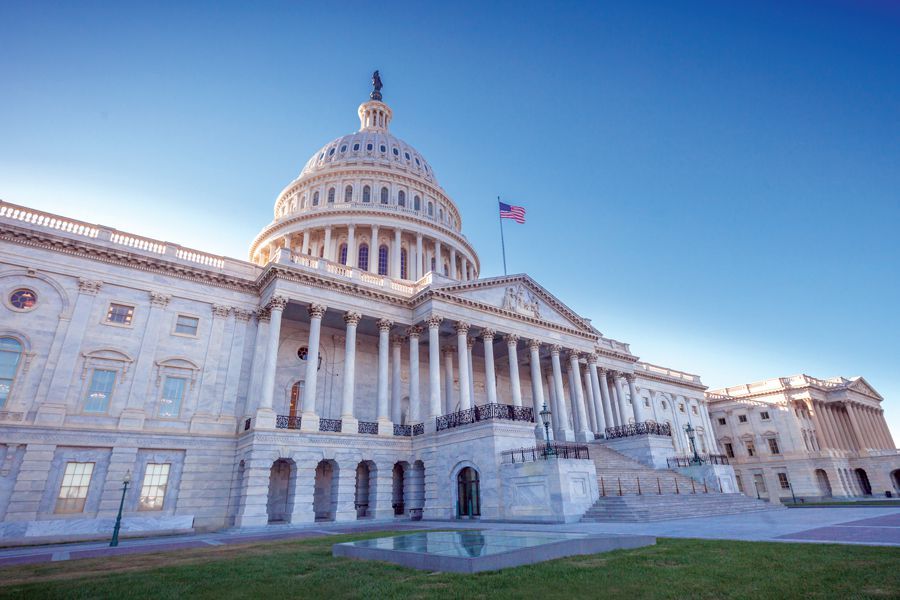On Wednesday, the Department of Labor released a proposed rule that would encourage the use of environmental social and governance factors in selecting investments for retirement plans, overturning a Trump administration rule that would have placed restrictions on ESG in retirement accounts.
If a Republican wins the White House in 2024, the cycle could repeat itself. That’s why ESG proponents want Congress to step in and codify the approach taken by the Biden administration proposal. But that outcome faces big political obstacles.
“It’s our belief that a legislative solution is what is actually needed to end the regulatory pendulum swinging back and forth,” said Bryan McGannon, director of policy and programs at US SIF The Forum for Sustainable Investment.
Legislation has been introduced that would address ESG retirement investing. In the House, Rep. Andy Levin, D-Mich., has written a bill, the Sustainable Investment Policies Act, that would require financial advisers to consider ESG factors when recommending investment decisions.
Levin also is the author of the Retirees Sustainable Investment Opportunities Act that amends federal retirement law, the Employee Retirement Income Security Act, to allow retirement plans to adopt a sustainable investment policy.
On the other side of the Capitol, Sen. Tina Smith, D-Minn., has written the Financial Factors in Selecting Retirement Plan Investment Act that is similar to the DOL rule proposal. The bill amends ERISA to clarify that retirement plans may consider ESG factors and may use them as tie-breakers between comparable investment options.
The challenge for each bill — and for ESG policy in general in Congress — is to find Republican support.
The political divide was stark when the DOL released its proposal on Wednesday. For example, GOP leaders of the House Education and Labor Committee denounced the measure, while Sen. Patty Murray, chair of the Senate Health Education Labor and Pension Committee, as well as Smith praised it. Murray is a co-author of Smith’s bill.
Without GOP backing, an ESG bill has no hope of obtaining the Senate votes necessary to overcome a filibuster.
“Sixty votes in the Senate appears to be insurmountable at the moment,” McGannon said.
The financial industry needs the certainty of policy set through legislation, said Ethan Powell, chief executive of Impact Shares, a non-profit ESG ETF sponsor. The timeline for retirement savings — decades — doesn’t mesh with a political timeline in which the presidency can change every four years.
“These are 30-year allocations, and the last thing a plan fiduciary wants to do is every four years sell out of a strategy to reallocate to another one,” Powell said. “We have allowed the executive branch to have jurisdiction over what it means to be an ERISA fiduciary. As long as that decision is with the DOL, the non-ESG people win.”
In the initial reaction to the DOL proposal, it was mainly Republicans who were in opposition. Financial industry groups, such as the Securities Industry and Financial Markets Association, offered support.
“SIFMA appreciates the Department of Labor’s work in engaging with the financial services industry as they put together this proposal,” SIFMA CEO Kenneth E. Bentsen Jr. said in a statement. “We are pleased to see the Department headed in the right direction, which will help investors prepare for retirement.”
Many financial firms also opposed the Trump DOL ESG rule.
“There are very few instances where the financial industry comes together in agreement, and this is one of those times,” McGannon said.
The DOL has opened a 60-day comment period on its proposal. In the meantime, Powell said lawmakers also should hear from ESG advocates.
“We need to lobby Congress — in addition to the DOL — that ESG considerations are appropriate for ERISA plans,” Powell said.
For reprint and licensing requests for this article, click here








